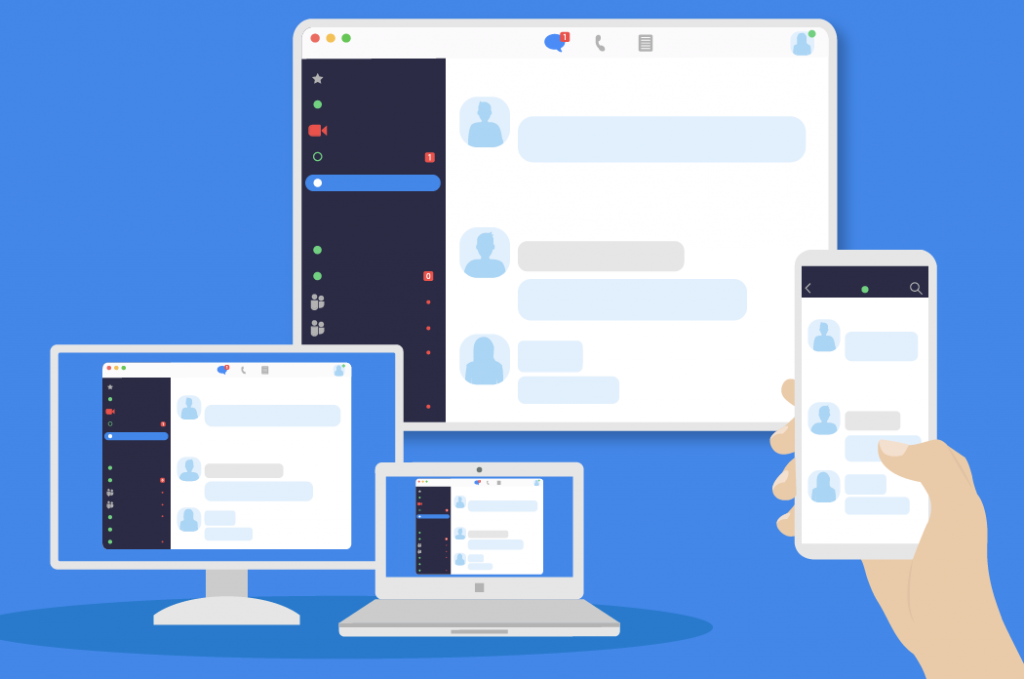 It hasn’t taken long for bored individuals to work out fancy new ways of inflicting themselves on people who want nothing more than to get on with their lives without, well… asshats turning up and ruining things.
It hasn’t taken long for bored individuals to work out fancy new ways of inflicting themselves on people who want nothing more than to get on with their lives without, well… asshats turning up and ruining things.
The sudden boom in popularity of video conferencing app Zoom has seen the launch of Public Zoom hangouts as a way of replacing more conventional social contact. Of course, some people have gone out of their way to spoil it.
Incoming!
The new activity is known as zoombombing and, like photobombing, it involves an uninvited person turning up somewhere unexpected. Unlike photobombing, which tends to last mere seconds (if a lifetime on the image), zoombombing typically involves the broadcast of pornography, awful images or video, or out-and-out racism in what is essentially a public forum.
Zoom’s screen-sharing feature is being co-opted into broadcasting some of the grossest images and videos on the internet. That’s what took place during the WFH Happy Hour, a Public Zoom hangout hosted by tech journalist Casey Newton and investor Hunter Walk. The troll pitched up, aired the most unpleasant things they could locate and, when booted, simply changed names and rejoined the public room. Zoom… doesn’t have the tools to deal with this yet.
Other reported instances of zoombombing have revolved squarely around racism, and the fact that people can’t really tell who you are if you’re wearing a mask. A recent reading session for kids was derailed by a racist in a thong (or g-string, if you’re feeling a little confused there).
Work to be done
 Zoom obviously has a few new tools to create — in fairness, they probably didn’t see this coming. What they did see coming are the folks using Zoom to skive off work, which is why there’s a feature built-in that tells on users doing something other than participating in the current meeting. So you can be easily monitored but there’s no real way to take care of trolls without significantly dropping public interactivity.
Zoom obviously has a few new tools to create — in fairness, they probably didn’t see this coming. What they did see coming are the folks using Zoom to skive off work, which is why there’s a feature built-in that tells on users doing something other than participating in the current meeting. So you can be easily monitored but there’s no real way to take care of trolls without significantly dropping public interactivity.
Zoom said “We have been deeply upset to hear about the incidents involving this type of attack. For those hosting large, public group meetings, we strongly encourage hosts to change their settings so that only the host can share their screen. For those hosting private meetings, password protections are on by default and we recommend that users keep those protections on to prevent uninvited users from joining. We also encourage users to report any incidents of this kind directly to our support so we can take appropriate action.”
Zoom support can be contacted here but, at the time of writing, is experiencing longer wait times for responses.
Source: TechCrunch via The Guardian




